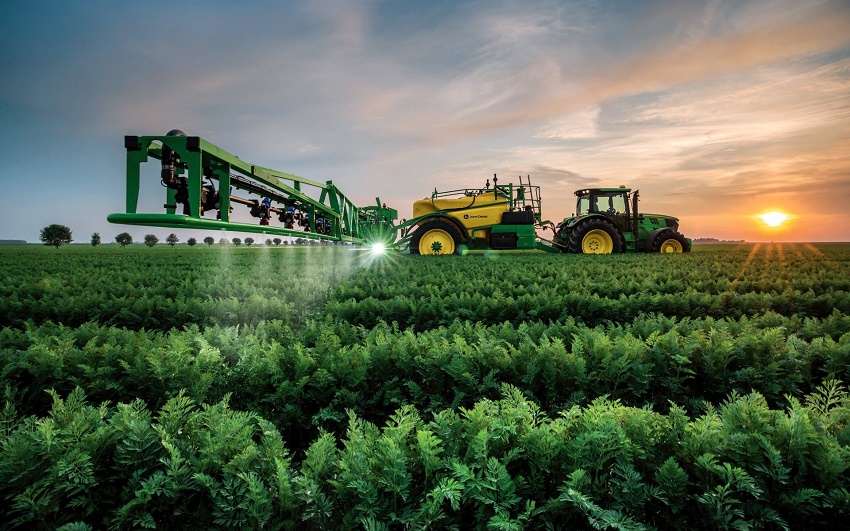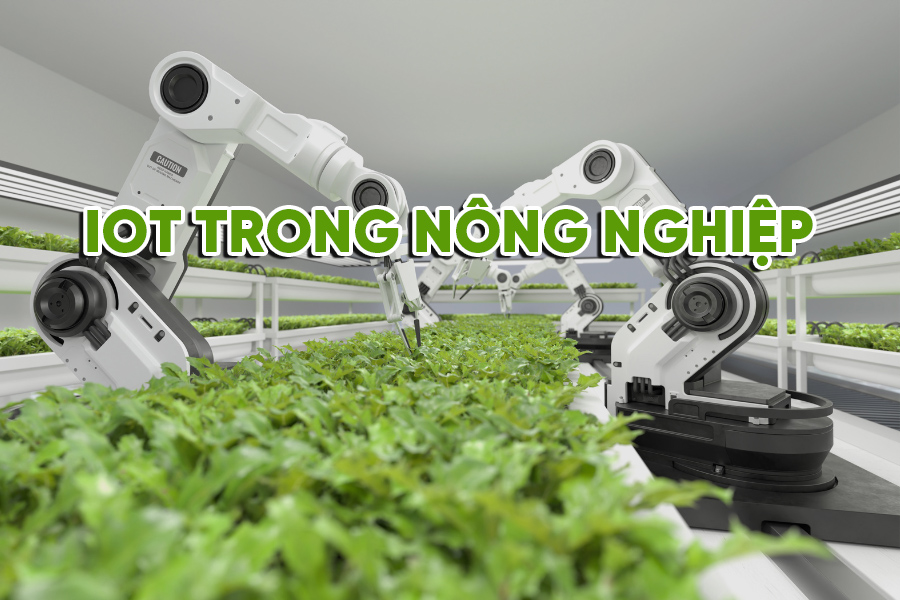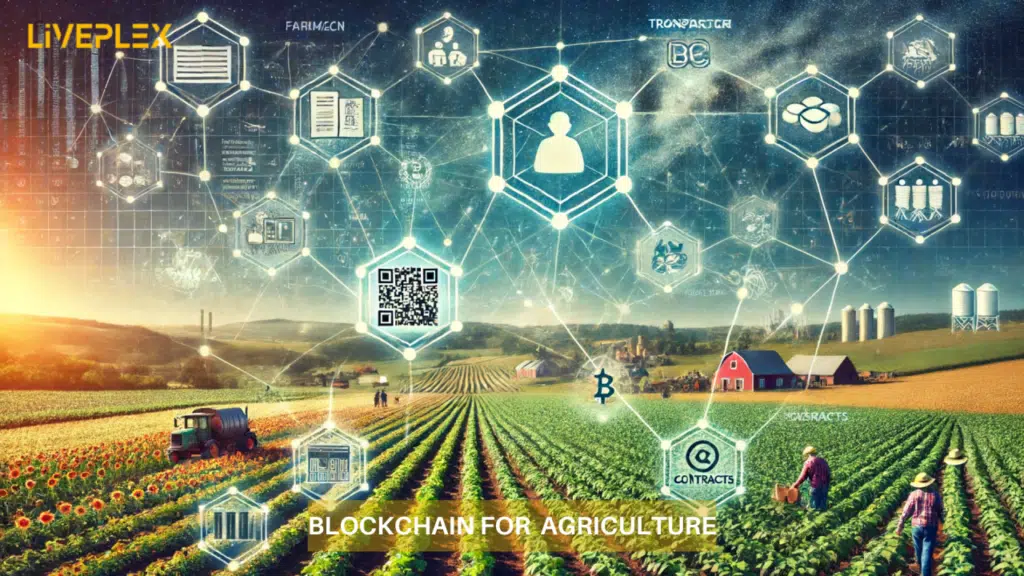1. Potential of AI in agriculture:
- Plant disease diagnosis:
- AI can analyze images and sensor data to detect early signs of disease and pests, helping farmers intervene promptly.
- Deep learning algorithms can identify disease patterns from images of leaves, stems, fruits, and even analyze sounds to detect pests.
- Nutrition and plant care consulting:
- AI can analyze soil data, weather, and plant growth stages to make recommendations on the appropriate amount of fertilizer and irrigation water.
- AI systems can create optimal crop care schedules, helping farmers save costs and increase yields.
- Weather and crop forecast:
- AI can analyze historical and current weather data to make accurate forecasts, helping farmers proactively avoid risks.
- AI models can predict crop yields based on factors such as weather, soil, and crop varieties, helping farmers plan production and business effectively.
- Smart farm management:
- AI can integrate data from multiple sources (sensors, drones, satellites) to provide a comprehensive view of farm health.
- AI systems can automate processes like irrigation, fertilization, and harvesting, saving farmers time and effort.
2. Support tools:
- Mobile applications and online platforms:
- Mobile applications can provide online consulting services, visual plant disease diagnosis, weather forecasting, and farm management.
- Online platforms can connect farmers with agricultural experts, provide information on farming techniques and agricultural markets.
- Sensor and IoT systems:
- Soil, weather, and moisture sensors can collect data about the environment and crop health.
- IoT devices can automate processes like irrigation and fertilization, helping to optimize resource usage.
- Drones and agricultural robots:
- Drones can take photos and record videos to monitor crop health, detect pests, and map farms.
- Agricultural robots can perform tasks such as sowing, spraying, and harvesting, helping to reduce labor and increase productivity.
- Data analytics and AI systems:
- Data analytics platforms can process and analyze data from various sources to provide useful information to farmers.
- AI models can predict crop yields, optimize resource usage, and make intelligent decisions.
- Chatbot:
- Online support via automated chat, quick response to inquiries.
- Provide useful information quickly.
3. Applicability:
- AI can be applied to a wide variety of crops, from cereals to fruit trees and vegetables.
- AI can support farmers of all sizes, from small family farms to large farms.
- AI can help farmers adapt to climate change, minimizing negative impacts on the environment.
Note:
- For AI to be effective, high-quality input data and a stable internet connection are needed.
- There is a need for collaboration between scientists, businesses, and farmers to develop and deploy suitable AI solutions.



